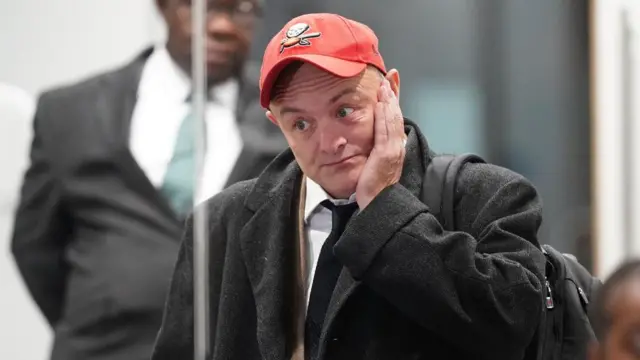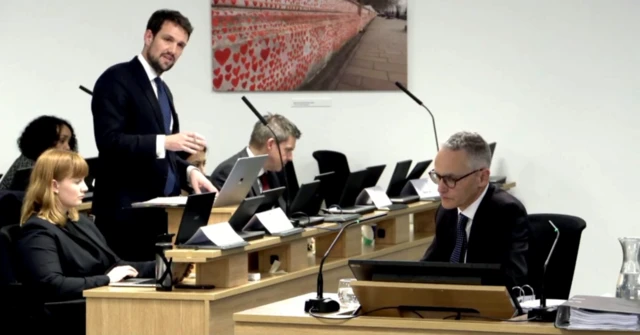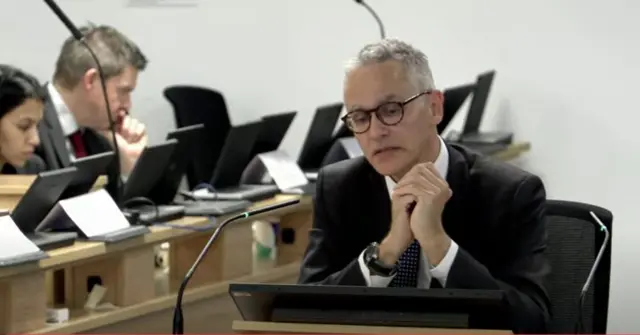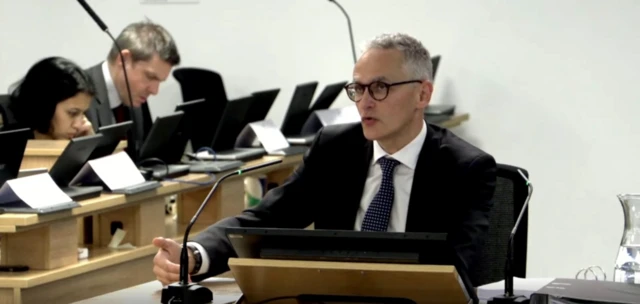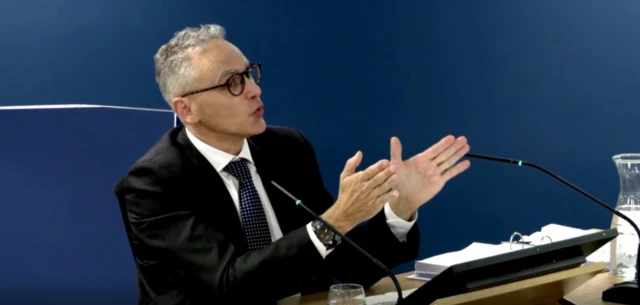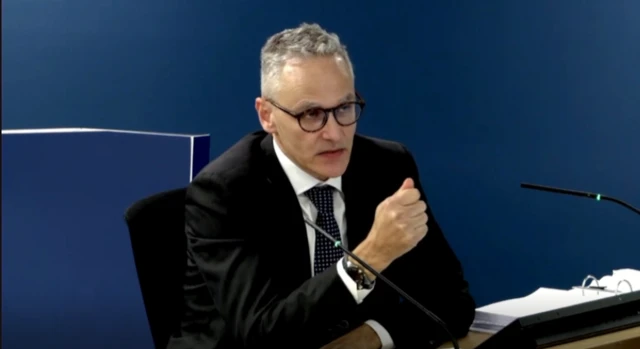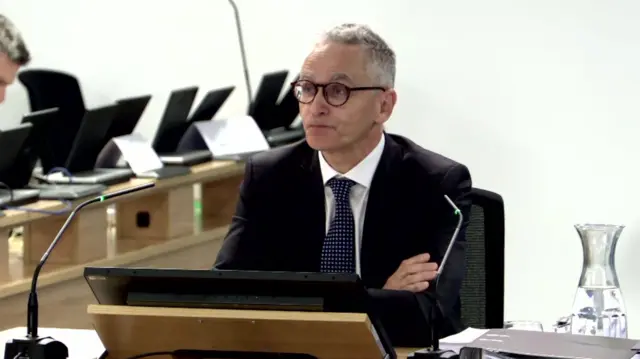We're ending our coveragepublished at 17:11 GMT 1 November 2023
 Alys Davies
Alys Davies
Live reporter
Our coverage of today's Covid inquiry hearing is coming to an end.
You can read more about Helen MacNamara's summation of the "toxic" and "macho" culture that characterised the atmosphere at the top levels of government during the early stages of the pandemic here.
To find out more about the UK Covid inquiry and what it's all about, go here.
Today's coverage was brought to you by Malu Cursino, Alex Smith, Sam Francis, Harrison Jones and James Harness. It was edited by James FitzGerald, Dulcie Lee and me.
